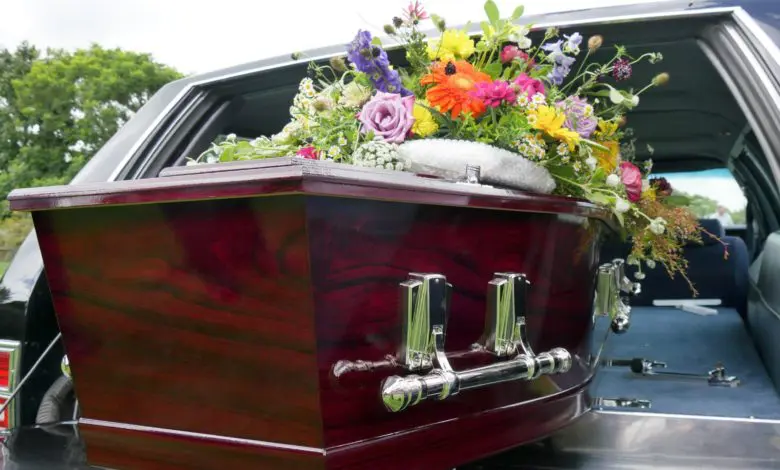Under 20% of people make plans before death, study finds

Just one in five people (18%) have put a plan in place for their own funeral and ‘end of life’ celebration, according to Everest’s Dealing with Death report.

Join over 5,000 funeral professionals with a membership
Get unlimited access and stay in the know. First-year special offer pricing. Cancel any time.
You have read 2/2 free articles this month.

How many members should have access to the subscription?
Monthly
Yearly
Save £9.89
No, thanks
I already have an account

Just one in five people (18%) have put a plan in place for their own funeral and ‘end of life’ celebration, according to Everest’s Dealing with Death report.